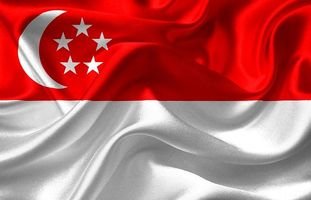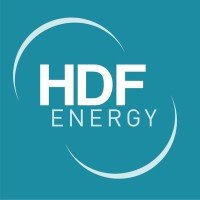Consortium to study liquefied hydrogen supply chain in Singapore
LH2 holds 800 times less volume than hydrogen in a gaseous state, making it a more efficient option for storage and transportation.

In Singapore, five companies have joined hands to jointly study developing a supply infrastructure to import liquefied hydrogen (LH2) to power Keppel’s data centres in Singapore.
The five partners are:
- Keppel Data Centres Holdings Pte Ltd
- Kawasaki Heavy Industries, Ltd.
- Linde Gas Singapore Pte Ltd
- Mitsui OSK. Lines, Ltd (MOL)
- Vopak LNG Holding B.V
The five partners today (12th May) have agreed under a Memorandum of Understanding (MoU) to jointly study the technical and commercial viability of an LH2 supply chain. The partnership will explore the feasibility of maintaining a production and liquefaction plant in the exporting country, import and export terminal, shipping LH2 through tankers, storage units and regasification facilities in Singapore.
The study is expected to continue till the end of 2021, followed by the partners’ decision on the next phase of their collaboration.
The consortium understands that the LH2 supply infrastructure will benefit data centre facilities such as the floating data centre park project in Singapore that Keppel Data Centres is currently pursuing.
Mr Wong Wai Meng, CEO of Keppel Data Centres, said, “We are actively tapping the capabilities of the Keppel Group as well as working with industry partners to explore a range of green solutions such as hydrogen, floating data centres and CCUS (carbon capture, utilisation and sequestration) technologies.”
Dr Motohiko Nishimura, the Executive Officer at Kawasaki, said, “Kawasaki is promoting an LH2 supply chain pilot demonstration project for the first time in the world. We have accumulated experience and expertise in LH2 technology, including the world’s first LH2 carrier, hydrogen liquefaction facility, LH2 storage tank and LH2 handling facility with loading arm system.”
Mr David Burns, VP of Clean Energy, Linde, said, “Hydrogen is a powerful energy carrier and is expected to play a significant role in the reduction of carbon emissions, as part of the larger energy transition that is currently underway.”
Mr Kenta Matsuzaka, Senior Managing Executive Officer of Mitsui, said, “MOL targets to develop a commercial and sustainable deep-sea Net Zero Emission vessel by deploying vessels powered by the next-generation fuels by around 2030.”
Mr Kees van Seventer, President, Vopak LNG, said, “A hydrogen import terminal has the potential to transform industries like the data centre sector. It will also support long-term emissions reduction in Singapore.”
